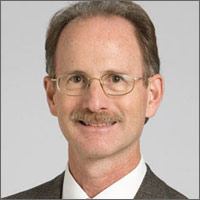Health care has not been at the top of the agenda in this presidential campaign, but it remains a highly contentious political issue. Because the Affordable Care Act (aka Obamacare) was all about expanding health care coverage and not much about cost containment, it is not surprising that health care insurance costs continue to escalate.
The Accountable Care Organization demonstrations around the country have shown that some, but not all, health care organizations are able to bend the steep cost incline downward using incentives, bundled payments, excellent primary care access, and care coordination. But we are once again seeing large increases in insurance premiums, and no one is happy about that.
Practical solutions are scarce. Good solutions for controlling rising health care costs are difficult to come by in the United States. There are a variety of suggestions and approaches favored by one party or the other that will be decided through political and administrative channels. The Medicare Access and CHIP Reauthorization Act of 2015 (MACRA), the Merit-based Incentive Payment System (MIPS), and alternative payment models (APMs) are the federal government’s new programs that have been set out to encourage quality, while controlling costs in outpatient settings.1 These programs have bipartisan support and are not going away.
In addition, each state is reorganizing Medicaid in an attempt to improve quality and reduce costs. Usually these cost control/quality improvement programs are foisted on us by federal or state governments (which pay for about 64% of health care costs in the United States), by insurers, or both. Fortunately, the American Academy of Family Physicians has been putting the interests of family physicians in front of legislators and policy makers to try to ease the pain as much as possible.


